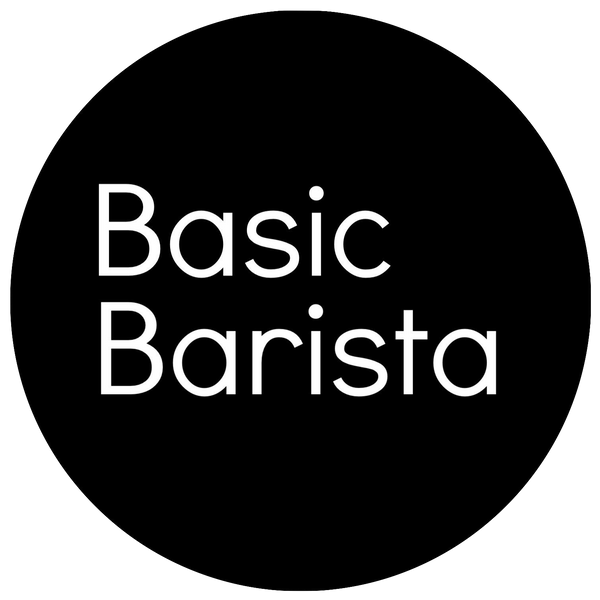

Shipping Policy
DOMESTIC SHIPPING:
All parcels are sent with tracking!
Currently we ship all of our orders out using standard shipping and limited Express Post on smaller items. To organise a quotation for Express shipping services on bulkier items please get in contact with us here.
Our delivery partners are Australia Post, Couriers Please & Aramex. Every order is evaluated individually prior to fulfilment in order to offer you the best value and service available. It is important to note that all orders sent out will be ATL (Authority to leave) by default, to request a different service simply send us a message at basicxbarista@gmail.com or write so in the 'Notes' section at checkout.
Please note that once your order has left us and is in the hands of the courier / post, we do not have control over the shipping time or the handling of your order. This being said if you feel that the shipping is taking too long or that your parcel has been Mishandled, Damaged or Missing please let us know so that we can look into this further for you.
Alternative Shipping Addresses / Parcel Lockers:
We can ship to alternative shipping addresses such as Parcel Lockers, to do this please enter your Parcel Locker shipping info as outlined in the image below:

Please note: We can not fulfil any 'Local Delivery' orders with shipping addresses to Parcel Locker or PO Box. This has to be sent via Australia Post. (Standard or Express shipping can still be arranged for this).
For some products that are available as PRE-ORDERS we will ship these to you once they have been made available to do so, If you have placed an order that includes both pre-order items as well as in stock items we will hold all items by default until all of the products in your order become available.
INTERNATIONAL SHIPPING TERMS AND CONDITIONS - CUSTOMS / DUTY:
We use a combination of your location, the estimated total weight of your order and the amount of items in your order to provide a shipping fee.
Please note that ALL electronic products that are sold by Basic Barista Aus are required to be plugged into an Australian wall socket or the equivalent power requirements. This means that you may need to purchase/use a third-party adaptor product. Damage resulted from incorrect power / incorrect use of appliance will void warranty and will not be refunded/reimbursed, nor will Basic Barista Aus be held responsible for misuse or costs occurred because of this.
At anytime if you are confused or have any questions at all regarding your order please don’t hesitate to send us a message via our Contact Us page.
If you would like to place an order and you are located in a country outside of our shipping zone, we request that you get in touch with us via e-mail. Please supply us with the following information and we will get back to you regarding an international freight quote.
- Full NameAddress
- Contact phone number
- Items you are interested in purchasing
- E-mail: info@thebasicbarista.com
SUSPENDED SHIPPING TO USA & PUERTO RICO
As of 26th August 2025 we are unable to ship to the USA or Puerto Rico, this is due to a response from Australia Post to temporarily suspending shipments to these countries.
If you place an order during this temporary suspension we will hold your order until our national post resumes normal service.
DUTY CHARGES
International orders may be subject to local charges, this is the exact same process as when shipping anything internationally. Any customs or import duties and any associated fees are charged when your order reaches its destination county. These charges must be paid for by the recipient of the parcel. We do not have any control over these charges and can’t predict what they may be. Basic Barista Aus cannot be held responsible for any additional charges on your order, nor can we accept a return of the order under these circumstances. Customs policies are different for every country so please contact your local customs office for further information. If you refuse to pay any additional charges your parcel and it’s contents may be abandoned and Basic Barista Aus will not be held responsible for any loss of funds as a result of this. We cannot mark international orders as a gift in order to bypass or reduce any customs fees, nor can we change the valuation of your orders contents.
In the event that you request a return / warranty you may need to send the order back to our HQ located in Melbourne. We will require you to pay for any shipping expenses, duty and or import fees occurred when your order arrives back to us. Because of this lengthy and costly process we encourage that you 1. Make sure you place the correct order in the first place 2. You read and understand the product/s you are purchasing and have a general understanding of how said products are expected to preform/what they require to preform correctly.
To learn more about our returns policy please click HERE.







